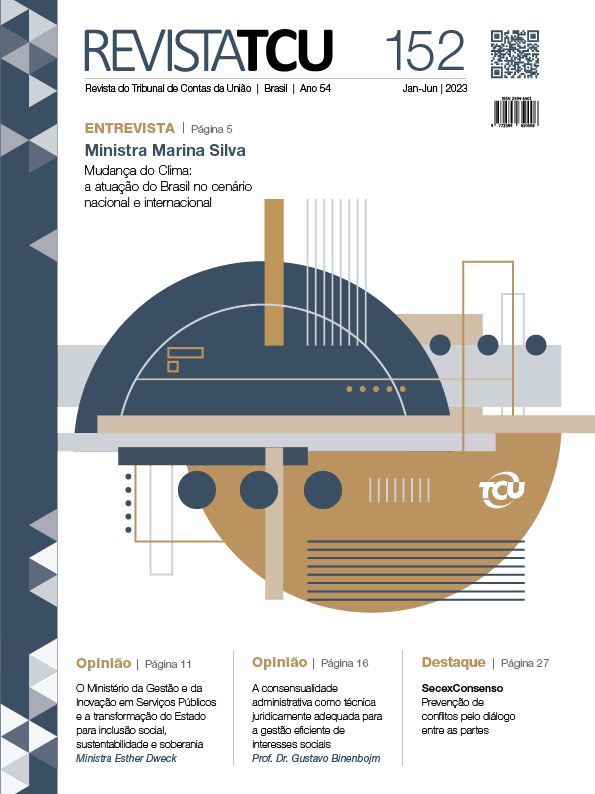A Lei de Newcomb-Benford como ferramenta de auditoria: Uma análise das despesas orçamentárias nos municípios paranaenses

Resumo
Integrar conceitos de outras áreas do conhecimento com a Ciência Contábil possibilita a promoção da qualidade da informação, transparência e traça novos caminhos para a tomada de decisão. Nesse sentido, este artigo buscou investigar o comportamento das despesas empenhadas dos 399 municípios paranaenses em relação ao proposto pela Lei de Newcomb-Benford (LNB), uma metodologia advinda das ciências exatas. Para isso, foram analisados 3.963.119 registros, que corresponderam a R$ 32.589.872.343,44 no exercício financeiro de 2019. Em análise adicional, investigou-se que a nota obtida no Ranking da Qualidade da Informação Contábil e Fiscal da Secretaria Tesouro Nacional (STN) tinha relação com Fator de Distorção da LNB, tendo em vista a relevância do indicador para as auditorias públicas. Como achado, verificou-se que a maioria dos municípios não estavam aderentes à LNB, sendo esse resultado muito expressivo quando aplicado o teste χ2 (Qui-Quadrado), o que fez acender o “alerta vermelho” sobre essas informações. Além disso, constatou-se que a nota do Ranking não se mostrou estatisticamente significativa em relação ao Fator de Distorção. Embora esses achados não permitam concluir quanto à existência de erro ou fraude, eles são úteis para avaliação de riscos e seleção de amostras de auditoria por meio da LNB e do Ranking, além de promoverem a transparência dos dados públicos.
Biografia do Autor
Leandro Menezes Rodrigues
Mestre em Contabilidade pela Universidade Federal do Paraná. Especialista em Contabilidade e Finanças pela Universidade Federal do Paraná (2011) e MBA em Gestão Pública com Ênfase em Controle Externo pelo Centro Universitário Franciscano do Paraná (2014). Atualmente é Auditor de Controle Externo do Tribunal de Contas do Estado do Paraná; integrante do Grupo de Estudos e Pesquisas em Governos Locais (GEPGL), UnB; com experiência em Auditoria no Setor Público.
Crislaine de Fátima Gonçalves de Miranda
Doutoranda em Contabilidade e Mestre em Contabilidade pelo Programa de Pós-Graduação da Universidade Federal do Paraná (UFPR). Especialista em Educação Profissional Tecnológica; com experiência em Contabilidade Aplicada ao Setor Público.
Nayane Thais Krespi Musial
Doutora em Métodos Numéricos em Engenharia da Universidade Federal do Paraná (UFPR). Mestre e Graduação em Ciências Contábeis pela Universidade Regional de Blumenau/ SC (FURB). Professora do Departamento de Contabilidade da UFPR. Professora Permanente do Programa de Pós-Graduação em Ciências Contábeis (PPGCONT) da UFPR.
Claudio Marcelo Edwards Barro
Professor Adjunto da Universidade Federal do Paraná em regime de dedicação exclusiva. Doutor e mestre em Contabilidade (área de concentração: Contabilidade Financeira e Finanças) e especialista em Auditoria, Contabilidade e Finanças e Gestão Empresarial. Graduado em Ciências Econômicas.
